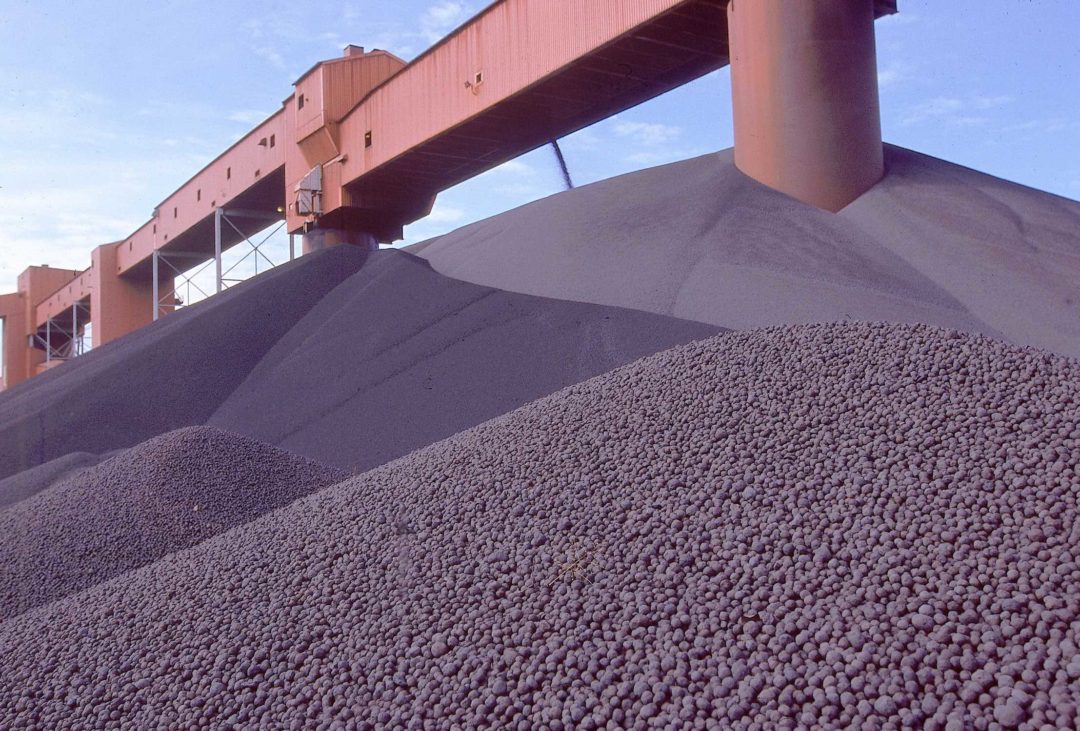U.S. Steel builds generative AI tool to streamline truck maintenance
Company to launch Google Cloud-based technology at iron ore mine in Minnesota this September.

Artificial intelligence (AI) tools could help steer better manufacturing methods, according to United States Steel Corp., which said Thursday that it is using Google Cloud’s generative AI technology to build applications that drive efficiencies and improve employee experiences in the largest iron ore mine in North America.
U.S. Steel will start the project with an application called MineMind, which will launch in September and will impact more than 60 haul trucks at the company’s Minnesota Ore Operations facilities, called Minntac and Keetac. The application is designed to simplify equipment maintenance by providing optimal solutions for mechanical problems, improving the maintenance team’s experience by more easily bringing the information they need to their fingertips.
“We’ve meaningfully accelerated digitization at U. S. Steel through our work with Google Cloud. Faster repair times, less down time, and more satisfying work for our techs are only some of the many benefits we expect with generative AI,” David Burritt, president and CEO of U. S. Steel, said in a release.
MineMind is underpinned by two Google Cloud AI tools: Vertex AI—which helps users build pre-trained and custom machine learning (ML) models—and Document AI, a suite of pre-trained models for document processing.
“U.S. Steel is at the forefront of the generative AI adoption cycle,” Michael Clark, vice president, Google Cloud, North America Regions, said in a release. “Our innovative work with U.S. Steel to power operational and functional innovation with our advanced generative AI technology has the potential to not only transform manufacturing but adjacent industries – from trends and logistics, to supply chain, sustainability, process automation, and more.”
Related Articles
Copyright ©2024. All Rights ReservedDesign, CMS, Hosting & Web Development :: ePublishing